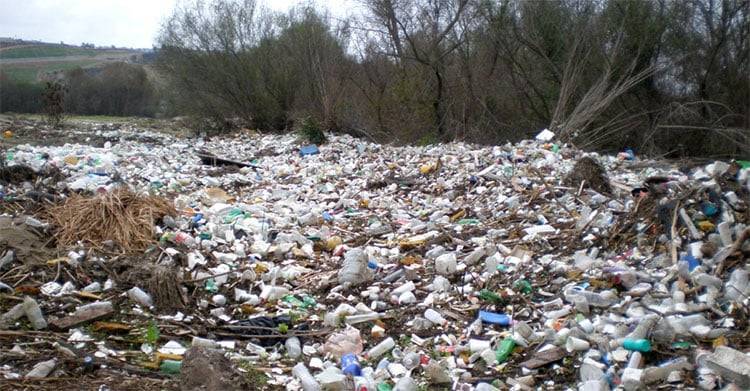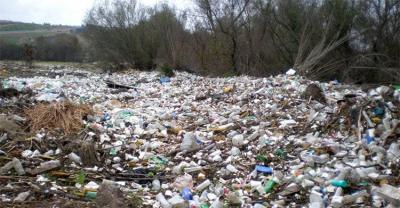As countries around the world enter another round of talks this week aimed at drafting the first-ever treaty to contain pollution caused by plastic products, officials are bracing for tough negotiations on whether to reduce the amount of plastic produced or focus solely on waste management. Officials involved in the negotiations stated that country representatives will discuss at the week-long meeting in Nairobi, Kenya, which of these options should be included in what will ultimately become a legally binding treaty by the end of 2024, through working on a document called the "zero draft," which outlines possible policies and measures to consider. David Azoulay, a legal advisor at the Center for International Environmental Law and an observer of the negotiations, remarked, "We are at a pivotal moment in this process."
According to data from the United Nations Environment Programme, the world currently produces around 400 million tons of plastic waste each year, with less than ten percent being recycled, leading to overflowing landfills and ocean destruction. This amount is expected to increase in the next decade, as oil companies, which often also produce plastics, look for new sources of income amid the energy industry's shift away from fossil fuels. The program also indicates that about 98 percent of single-use plastic products like bottles and packaging bags are derived from fossil fuels.
The European Union and dozens of countries, including Japan, Canada, and Kenya, have called for a robust treaty that includes "binding provisions" to reduce the production and use of raw plastic polymers derived from petrochemicals and to restrict or ban problematic plastics such as polyvinyl chloride (PVC) and other materials containing toxic components. This stance is opposed by the plastic industry and exporters of oil and petrochemicals, such as Saudi Arabia, who want the continued use of plastics. They believe that the treaty should focus on recycling and reusing plastics, sometimes referred to in discussions as "circularity" in plastic supplies.
In a report ahead of this week's negotiations, Saudi Arabia stated that the root cause of plastic pollution is "ineffective waste management." The United States, which initially sought a treaty consisting of national plans to control plastics, has reviewed its position in recent months. A spokesperson for the U.S. Department of State indicated in a statement to Reuters that while the treaty should remain based on national plans, those plans should reflect globally agreed-upon goals to reduce plastic pollution that are "meaningful and achievable."
The International Council of Chemical Associations wants the treaty to include measures "that accelerate the circular economy for plastics," according to spokesperson Matthew Kastner. Kastner said in a statement to Reuters, "The plastics agreement should focus on ending plastic pollution, not on plastic production."




